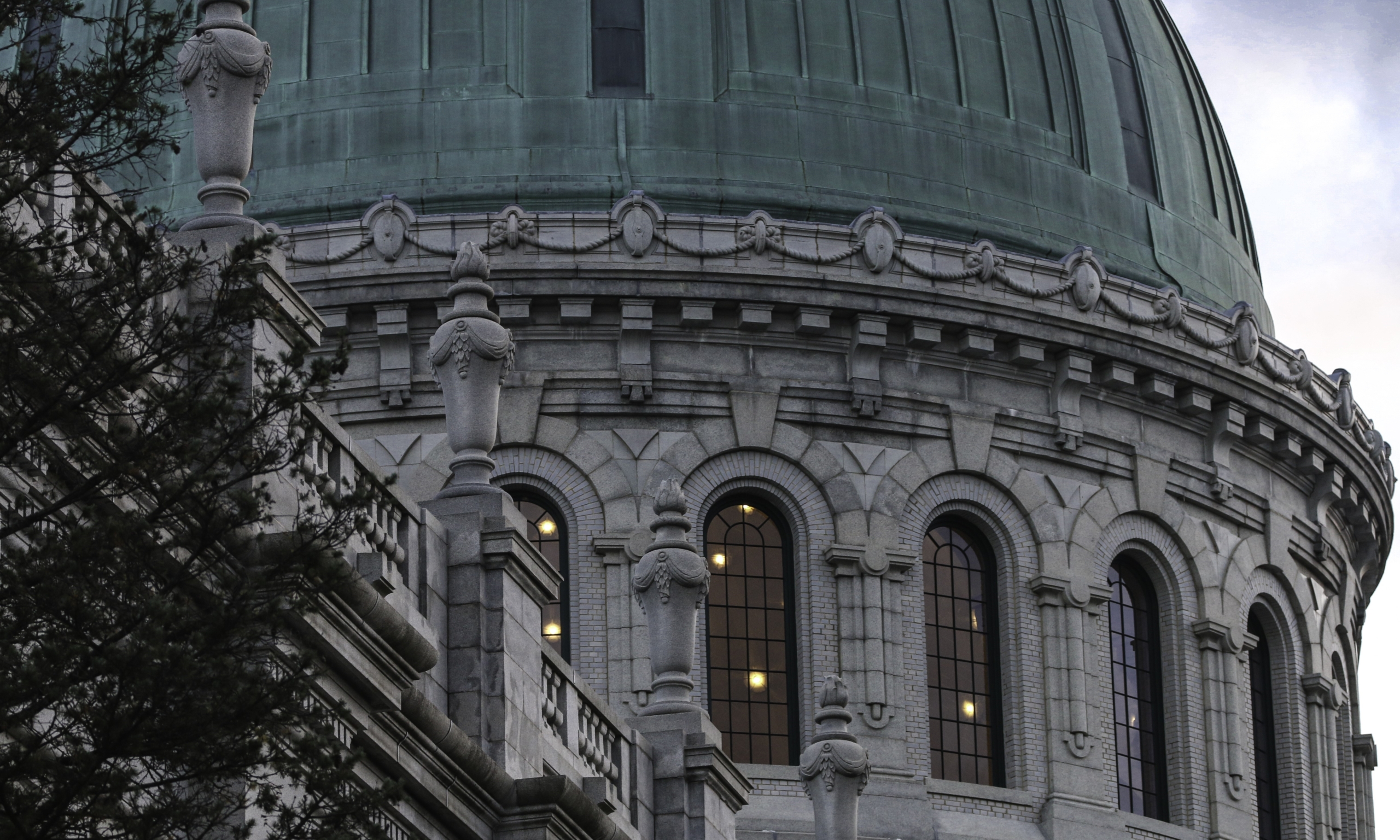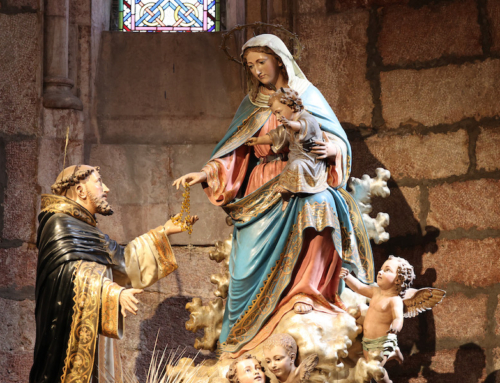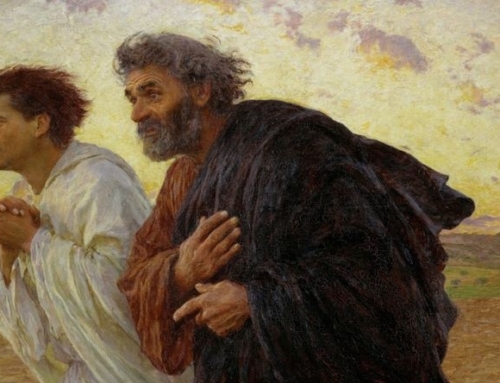There is no fear in love, but perfect love casts out fear. – 1 John 4:18
At the U.S. Naval Academy, the moral philosophy that received the highest praise was stoicism, hands down. We were taught that to be a good officer, we had to master the virtue of apatheia, a state of mind in which one is not disturbed by the passions. The most important of the passions that we were to master was fear, which is the “inclination away from a difficult future evil” impossible to overcome” (Treatise on the Passions, cf-ST I-II q. 23 a. 4). If you could master your fear, you could remain calm under fire or while doing damage control, and you would not lose the men under your command. We were often given examples of prisoners of war who, rather than harm their homeland, would go before their captors and display no emotion during the torture they would endure before their death.
One of the most frequently told stories was about a Marine Corps officer, Col. John Ripley, who fought during the Vietnam war. He was passing over a bridge defended by the South Vietnamese when they received information that 30,000 North Vietnamese soldiers and 200 tanks were advancing quickly toward the bridge. Because of his rank, he was put in charge of demolishing the bridge. The South Vietnamese soldiers brought 500 lbs of explosive to the bridge, but then abandoned him—he alone stood against the oncoming enemy. While under constant fire from the North Vietnamese soldiers and tanks, he single-handedly placed all 500 lbs of explosives throughout the undercarriage of the bridge. He mastered his fear in the face of seemingly insurmountable odds, destroying the bridge and stopping the enemy. To top it all off, on his final trip from the bridge he saved a mother and infant who were trapped on the bridge. He then immediately detonated the explosives, saving the lives of not only the mother and baby, but all those who were on the other side of the bridge.
What they didn’t teach us in class, but all Catholic Midshipmen know, is that Col. Ripley was a devout Catholic, and during every successive trip to set more dynamite, he kept repeating the simple prayer: “Jesus, Mary, get me there.”
Col. Ripley is rightfully depicted as an American Knight, standing in the breach, holding off the enemy, and protecting the innocent. We were taught he did this simply because he was able to master his fear, eliminating the passion. But this is incorrect. He did not simply master his fear; love, for his country and his neighbor, cast out his fear. This love for country and neighbor was based in and directed to the love he had for Jesus and Mary.
Col. Ripley stood up against an enemy that he could see, but “we are not contending against flesh and blood, but against the principalities, against the powers, against the world rulers of this present darkness, against the spiritual hosts of wickedness in the heavenly places” (Eph 6:12). Our weapons are the sacraments and the rosary, not explosives. We do not stand in the breach and face tanks, we stand in our schools and offices and face our friends and colleagues who may mock or ridicule us for our faith. We may not look like Col. Ripley on the bridge, but if we also repeat that simple prayer, “Jesus, Mary, get me there,” and defend our faith, we are doing the same thing, only greater because we are defending our heavenly homeland, not an earthly one. The gates of Hell cannot stand (cf. Matt 16:19) against this simple prayer when it is uttered with love—they will come crashing down like the bridge. In the eyes of the world, Col. Ripley was alone on the bridge, but he knew that Jesus and Mary were with him. How much more are they with us when we are standing, sometimes seemingly alone, for our faith and against this world.
✠
Photo by Fr. Lawrence Lew, O.P. (used with permission)







